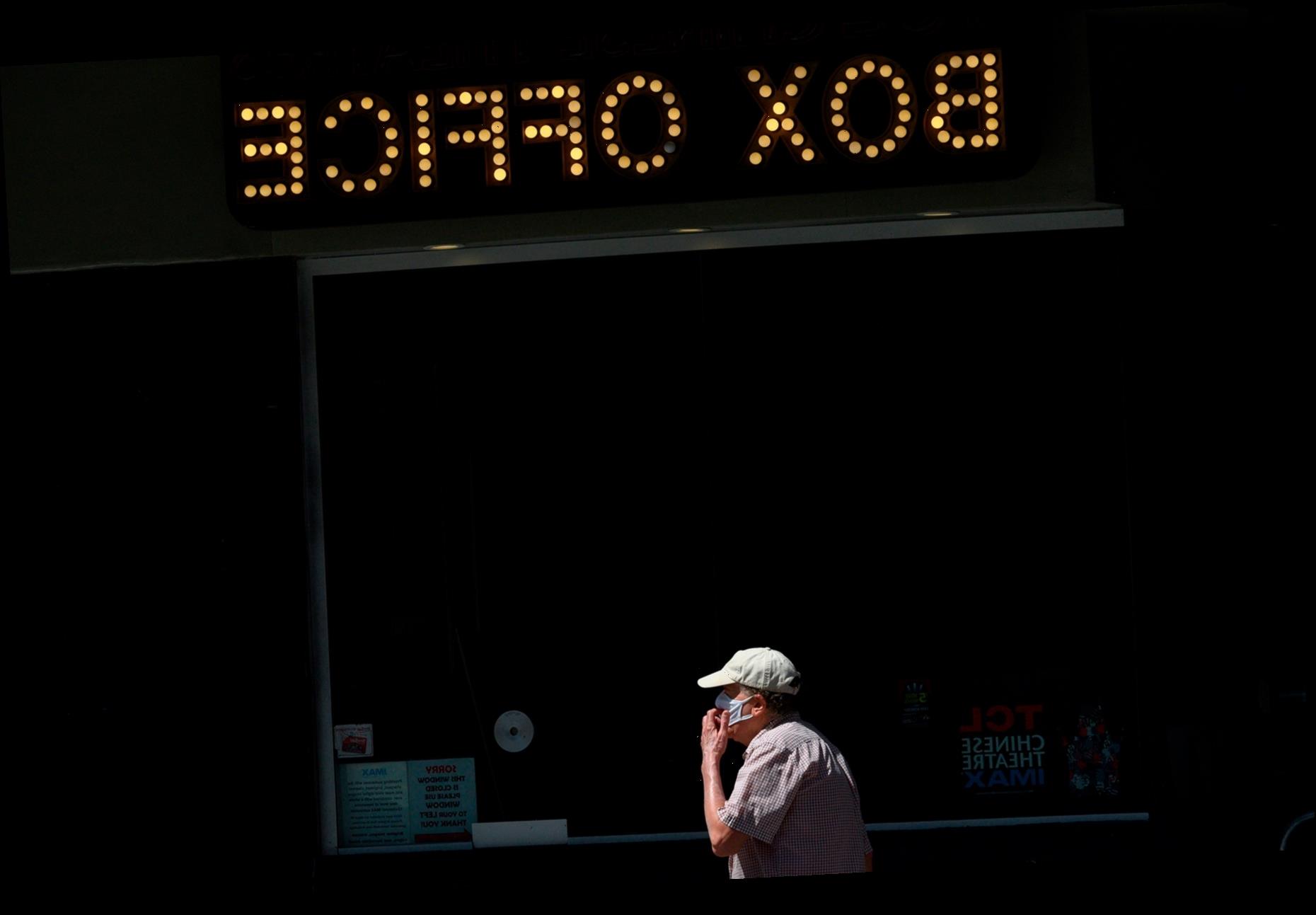A HOLIDAY in 2021 is on everyone's minds, as the coronavirus pandemic continues to restrict travel.
While a trip abroad is likely to happen this year, thanks to the UK vaccination roll-out, it will most likely be a different experience.
The vaccination programme, which hopes to vaccinate the most vulnerable by mid-February, has given the travel industry hope that some of the current travel restrictions will end.
With the pandemic still likely to affect holidays, airlines and resorts will be making new measures permanent.
Here are some of the holiday changes expected to be in place for this year:
Free hotel nights
Many hotels have introduced extended stay programmes, which offer additional nights for free if booking a longer holiday.
Travellers are likely to book fewer holidays this year, but for longer periods to avoid last-minute restrictions affecting the trip.
GlobalData Travel & Tourism Analyst Ralph Hollister told Fox News: "Travellers will be looking to take fewer trips — if not forced to due to ongoing travel restrictions — but those that do travel are expected to also stay for longer to grab what they can when they can.
"Uncertainty is strife and it may lead to people going ‘all out’ on one big trip, rather than risking several smaller ones that could be cancelled."
Contactless check-in and room services
One problem hotels have had to deal with is reducing the areas which are "high-touch," which can easily spread the virus.
This has resulted in many now offering contactless check-in, to remove the long queues at reception desks.
Hotel rooms are also going contactless – some are removing the room key altogether and offering a mobile app room key, while other options include removing frequently used items such as coffee machines and blankets.
This is also likely to extend to the dining services too.
Buffet services are likely to be less popular choices by hotels due to the difficulty of keeping them clean.
Instead, many resorts are instead offering at-table dining only, or "grab and go" options to have in your room or to have while exploring the area.
Remote locations
Busy hotel resorts will be off the list, with families wanting to avoid large crowds at the swimming pool.
Remote locations will see a rise in popularity, with the Maldives already seeing a boom during the pandemic due to the secluded nature of the rooms.
Even in Europe, families are likely to choose a villa holiday rather than hotels, which are self-contained and away from larger crowds.
Director at tour company Travel Department Claire Doherty told the Irish Times that this was also true for traveling to destinations without having to transit in another country.
She added: "We are seeing a lot of interest in walking holidays to locations such as Lake Garda in northern Italy [instead of] trips to the iconic sites like Venice, where crowds are traditionally drawn."
Short-haul travel
The majority of long-haul destinations are expected to remain off the cards, until at least the end of the year.
This includes Australia, New Zealand and the US, all of which have closed their borders to the UK -the Australian government has warned that border closures may be in place until March 2022.
PC Agency's Paul Charles told Sun Online Travel: "Long haul will most likely start again after summer.
"The next six months will be short haul Europe destinations, with long haul more likely from October."
This means holiday destinations such as Spain, Greece and Portugal will remain popular this year instead.
Experts have warned that summer holidays may increase in price due to demand and a lack of availability.
Airlines have been forced to cut capacity, meaning a price surge is likely as more people look to get away.
Staycations are expected to be popular as well this year.
Source: Read Full Article









